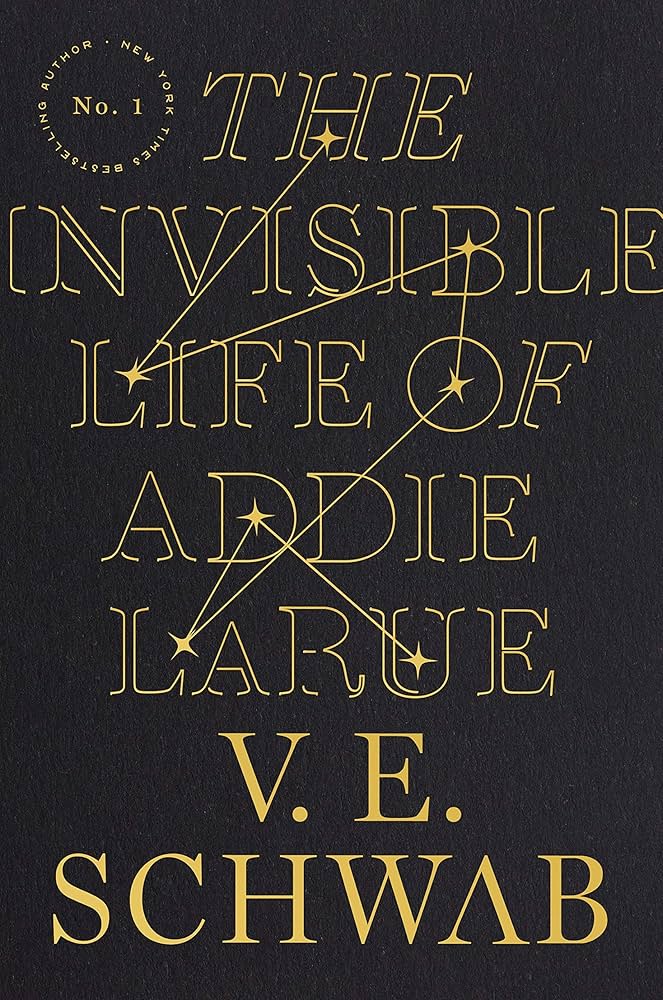Contents
A Deep Look at Memory and Regret and the Stories We Tell Ourselves
“What you end up remembering isn’t always the same as what you have witnessed.” This powerful line from Julian Barnes perfectly captures what The Sense of an Ending is all about. This novel stays with readers long after they finish the book, just like the memories it explores so well. This 2011 novel deservedly won the Man Booker Prize, showing how the author can take simple human experiences and turn them into brilliant literary art.

The Simple Beauty of a Masterful Work
What strikes readers immediately is how Barnes packs so much deep thinking into a story that’s remarkably readable. The story follows Tony Webster, a middle-aged man whose quiet retirement is disrupted when he receives a letter that connects him to his past. This past involves Veronica Ford, his ex-girlfriend from his school days, and the relationship with Veronica that shaped his youth.
Barnes structures his exquisitely written work in two parts. Each part serves a different purpose in exploring how memory shapes who we are. The first part begins by showing us Tony’s sixth form years, his friendship with the intelligent Adrian Finn, and his early relationship with Veronica. The second part of the novel begins decades later, as Tony learns new information that forces him to revisit the patterns and repetitions that have defined his life story.
The Art of the Unreliable Narrator
What makes Barnes’s approach so effective is how he uses Tony Webster as an unreliable narrator. This isn’t just a literary writing technique—it’s central to how the novel explores memory and the complexities of regret. Tony’s journey to reflect on his past, including his amicable divorce from his ex-wife, Margaret, reveals how our memories can be shaped by decades of self-protection.

The brilliance lies in how Barnes reveals the gaps between what Tony remembers and what actually happened. As the story progresses, readers begin to see how Tony’s protective memories were carefully constructed. We learn how even our clearest recollections can be unreliable. When Tony learns about his school days and what really happened between Adrian and Veronica, his carefully maintained version of the past starts to crumble.
Memory as Literature’s Most Complex Territory
Barnes, who has also written crime fiction under the pseudonym Dan Kavanagh, brings detective-like precision to examining the crime scenes of memory. The novel’s intellectually rich approach never feels too academic. Instead, it reads like a conversation with a perceptive friend who understands human psychology with surgical accuracy.
The relationship with Veronica’s mother becomes particularly significant in Tony’s life story. It represents how older generations observe the young with a clarity that only hindsight provides. When Tony revisits his memories of Bristol, Oxford, and Cambridge—the geographical markers of his youth—he discovers that his recollections have been edited by decades of self-justification.
The Weight of Consequences
What elevates this beautifully written work beyond mere literary exercise is Barnes’s unflinching examination of how our actions ripple through time. Adrian’s diary becomes a central element that reveals truths Tony has long avoided. Without revealing the novel’s carefully constructed plot, we can say that Barnes demonstrates how even our seemingly insignificant actions can shape the lives of others in ways we never imagined.

The awkwardness of Tony’s adult relationships assumes new significance as the story unfolds. Barnes shows us a man who has lived his entire life somewhat removed from full engagement, protecting himself through a kind of emotional distance that the novel gradually strips away.
A Story That Rewards Multiple Readings
This masterpiece operates on multiple levels simultaneously. On first reading, it’s the story of a man confronting uncomfortable truths about his past. When you read it again—and this is a novel that should be read more than once—it becomes a meditation on storytelling itself, on the way we construct meaning from the chaos of experience.
Barnes’s prose style deserves special praise. He writes with the kind of precision that makes difficult concepts accessible without ever condescending to readers. Every sentence feels carefully weighted, every revelation perfectly timed. The New York Times was right to celebrate this work—it represents contemporary literary fiction at its finest.

From Page to Screen
The novel’s successful film adaptation was directed by Ritesh Batra and features outstanding performances by Jim Broadbent, Charlotte Rampling, Emily Mortimer, Michelle Dockery, and Harriet Walter. As I have yet to see the movie, I won’t be able to comment on how well it did justice to this wonderful story.
A Lasting Achievement
The Sense of an Ending by Julian Barnes represents everything that makes contemporary literary fiction vital. This Man Booker Prize winner earned Barnes the recognition he deserved. The author has created a work that functions simultaneously as both entertainment and philosophy, as well as a character study and cultural critique.
For readers seeking literature that combines intellectual depth with emotional honesty, this book stands as essential reading. The novel’s exploration of how we construct and reconstruct our personal narratives feels particularly relevant in our current age. Barnes reminds us that the stories we tell ourselves—about our relationships, our failures, our essential goodness—may be the most fictional of all.
This literary achievement doesn’t just deserve its awards—it earns them through its willingness to confront uncomfortable truths about human nature while maintaining compassion for its flawed characters. Barnes has given readers a profound gift: a story that changes how we think about memory, responsibility, and the possibility of ever truly knowing ourselves or others.
This is the kind of book that reminds us why literature matters—not merely as entertainment, but as a means of understanding the beautiful, terrible complexity of human experience.
My Rating:- ★ ★ ★ ★ ★
Goodreads Rating: 3.74
The Sense of an Ending Reviewed On:
- Paperback
- Total pages: 160
- Genre: Fiction/Psychological Fiction
- The Sense of an Ending by Julian Barnes








I must admit, the depth of your analysis on the simple beauty of masterful works is admirable, Vishal. It’s rare to find someone shedding light on the beauty encapsulated within the simplicity of narrative art. This brings to mind the elegance of Hemingway’s works. Wouldn’t you agree?
Absolutely, Sunita. Hemingway’s approach to straightforward yet profound storytelling always leaves an indelible mark on its readers. It’s heartening to see Vishal touching on similar themes in contemporary literature.
🙏
🙏
hey vishal, readin ur piece on the art of the unreliable narrator n it’s like so spot on. makes me think how we never truly knw if what we’re told in stories is the real deal or just the character’s version. kinda messes with ur head, but in a good way.
That’s an interesting take, Preeti. Do you think this technique makes a story more engaging, or does it just end up confusing readers?
🙏